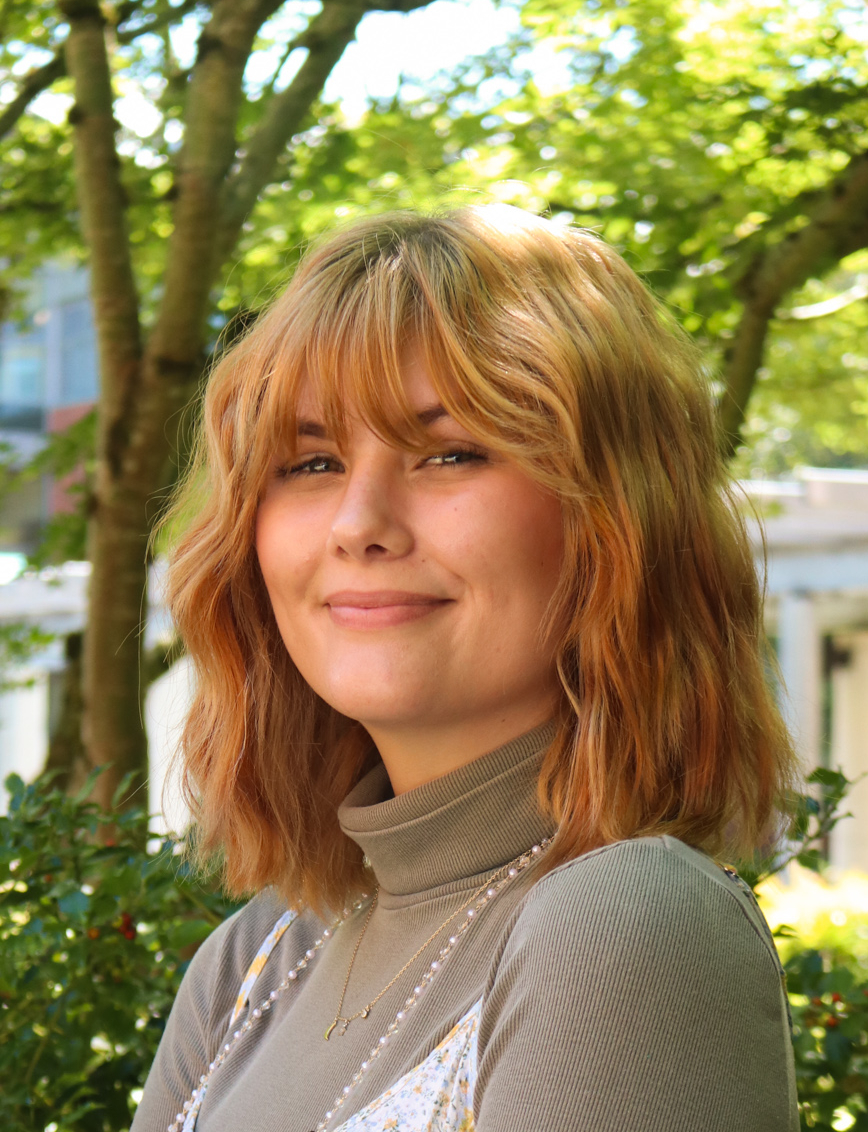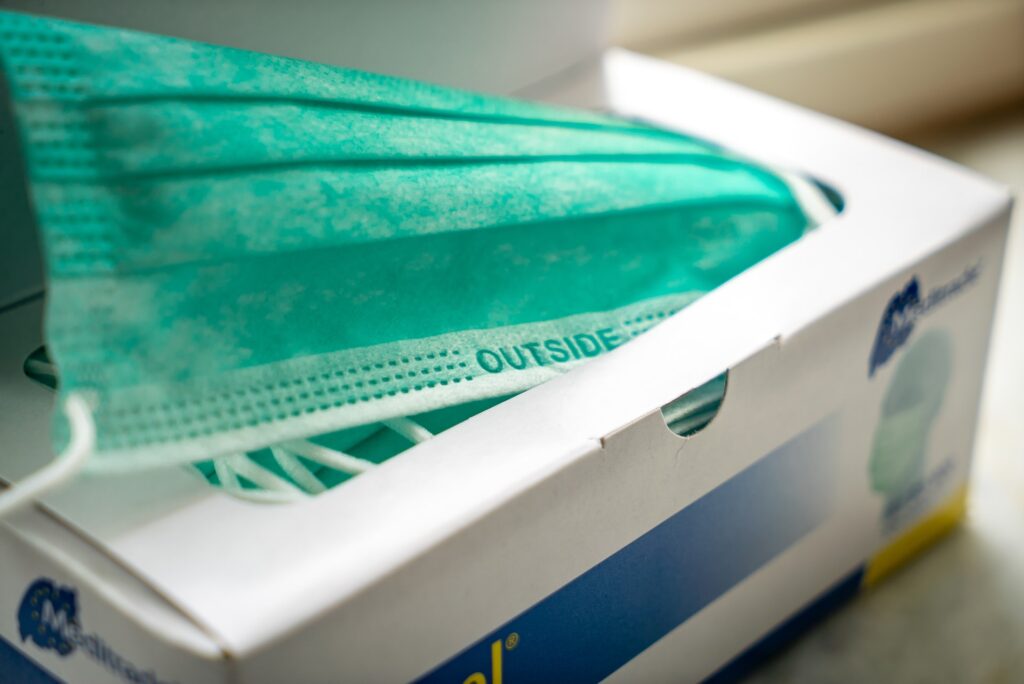Regular methods of communication have been put to the test since the start of the COVID-19 pandemic. As people pivot, finding alternatives to speaking with one another face-to-face, students will encounter new obstacles, specifically those in the hard of hearing and Deaf community.
Jas Martin, junior and elementary education major, is deaf, and said they struggled to find a sense of community after transferring to WSU Vancouver. Martin felt alone when working through the complexity of transferring schools as a deaf student.
“I’ve met a few people that label themselves as hard of hearing on campus, but many people don’t like to label themselves as being hard of hearing, so I respect their wishes. There are a lot of organizations for hard-of-hearing [and] Deaf peoples within Vancouver, but on-campus… not really,” Martin said.
While WSU Vancouver has yet to establish a community for its hard-of-hearing and Deaf students, staff and faculty, the university does provide accessibility services. However, online instruction posed new challenges during the pandemic that required an intense learning curve.
“Interpreters on Zoom weren’t ideal, sometimes the screen would freeze, so I ended up missing a lot of information. Other times they’re struggling to hear the professor, or they aren’t able to catch what other students are saying,” Martin said.
According to Handspeak, non-manual signals are important grammatical and semantic features requiring movement of the mouth and expressions in the face. Liz Berkeley, an American Sign Language interpreter of 40 years, found interpreting over Zoom was better than interpreting in-person while wearing masks.
“Half of ASL communication is non-manual. It’s all in the face. Zoom has been great for interpreting since in-person is very difficult, with about half the communication being covered up [under masks],” Berkeley said.
Many students were eager to resume a traditional classroom setting after the establishment of the COVID-19 vaccine requirement and mask mandate on campus. However, hard-of-hearing and Deaf students felt the repercussions of mask-wearing on their communication ability.
“I feel support from my peers, professors and staff. I have accommodations, and hearing people pick some basic signs up quickly, like ‘hello,’ ‘bye,’ ‘thank you’ and numbers. Some people also know their ABCs through fingerspelling,” Martin said. “Honestly, I am relying on the signs themselves and eye contact. But for other Deafs, it’s up to their preference.”
It’s important to note that Deaf consumers, or individuals diagnosed as hard of hearing or deaf who require adapted communication, have different learning and communication styles. What works for one individual may not be as helpful for others.
“So much of ASL is lost when we wear masks. It causes Deaf consumers to work so hard to understand communication and much may get lost. Sometimes when we have a Deaf consumer [that is] adept at communication, as with some of our students, we see how much more another student may struggle,” Berkeley said. “It is not on the student to have the skill to understand ASL with masks, they are all working hard and losing communication.”
As COVID-19 cases decline, the Washington State Department of Health announced on March 12 face coverings would not be mandatory in schools, restaurants, gyms and many other settings (with the exemption of medical facilities and public transit). Following these state guidelines, WSU removed its mask mandate for most buildings, and relinquished its COVID-19 vaccine mandate for people attending events on campus. Although many Deaf students may find communication by facial movements or lip-reading easier, Martin still feels anxious about returning to campus without masks.
“COVID is still around even though we are vaccinated, and especially for people who decided to not get vaccinated. After two years of using masks, I think I’ll be overwhelmed,” Martin said.
For others who share similar anxieties about the removal of the mask mandate, WSU encourages those students to continue wearing masks. The university will continue to monitor cases and follow CDC guidelines as they are updated.
The pandemic created no shortage of hardships for students and faculty at WSU Vancouver. But Deaf and hard-of-hearing students, in particular, have been given another layer, experiencing less than ideal modes of communication and accommodations. While anxieties about going mask-free remain, there is also a sense of excitement at the prospect of a return to normal human interaction.

Bethanie is a senior studying environmental and ecosystem science at WSU Vancouver.
